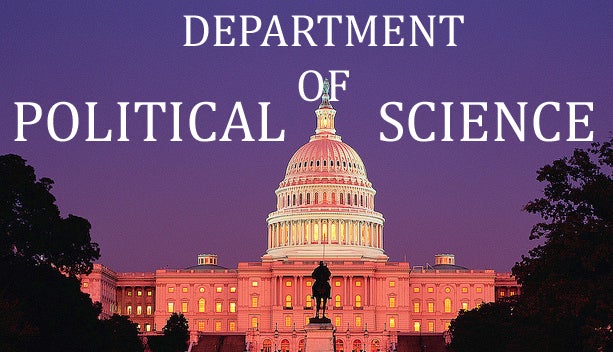Dr. Samantha Mosier, with Arbindra Rimal, and Megan Ruxton, recently published an article titled “A Song of Disconnect and Disappointment: The Missing Choir of Constituent Preferences in GMO-Labeling Policy Outcomes” in the Review of Policy Research (37(4):511-534).
Abstract: This article focuses on the degree of policy congruence, and by extension policy responsiveness, of U.S. federal- and state-level GMO labeling laws from 2011–2016. Utilizing consumer survey data, evidence overwhelmingly demonstrates consumers prefer clear text-based indication if food products contain genetically modified ingredients. However, the federal law adopted in 2016 mandates GMO labeling but with exceptions permitted to clear on-package text labeling. The results of this study demonstrate that consumer preferences were not adequately represented at the federal level and were misaligned with state policy activities as captured in the aggregate outcome. State legislatures were actively proposing mandatory legislation with only a few cases of success, which did not adequately represent the wishes of the people. Given the misalignment and overall policy incongruence, the consequences of pending federal law are discussed in light of why the voices of the consumer choir were not heard by lawmakers.
